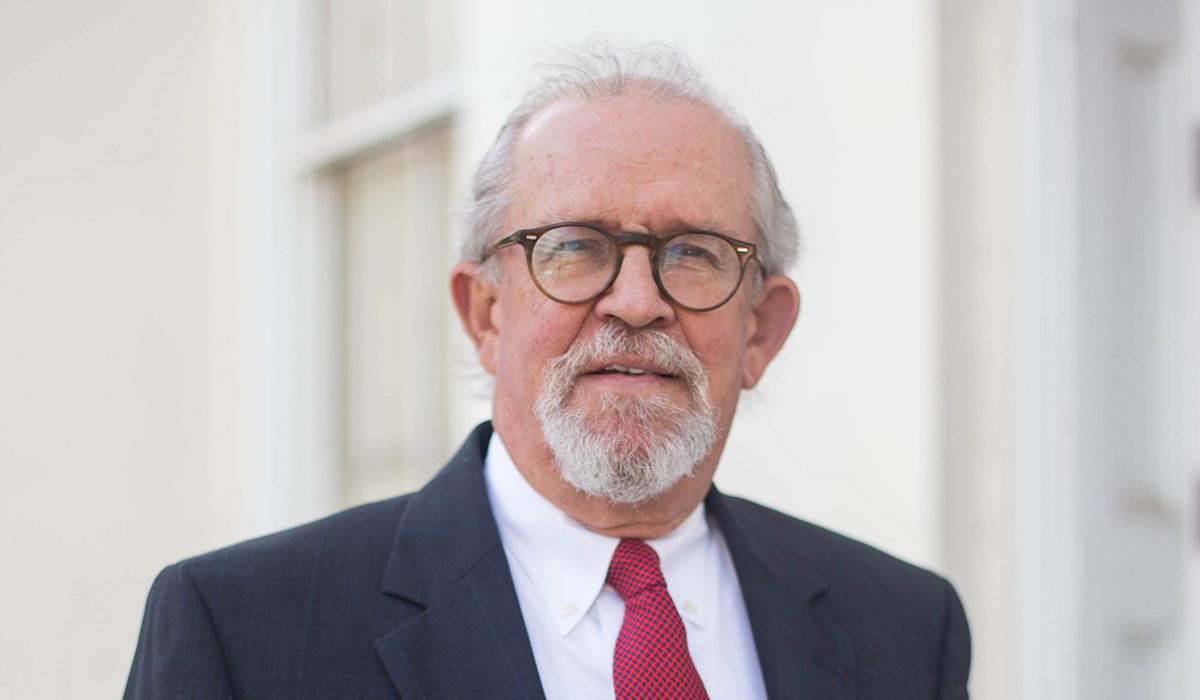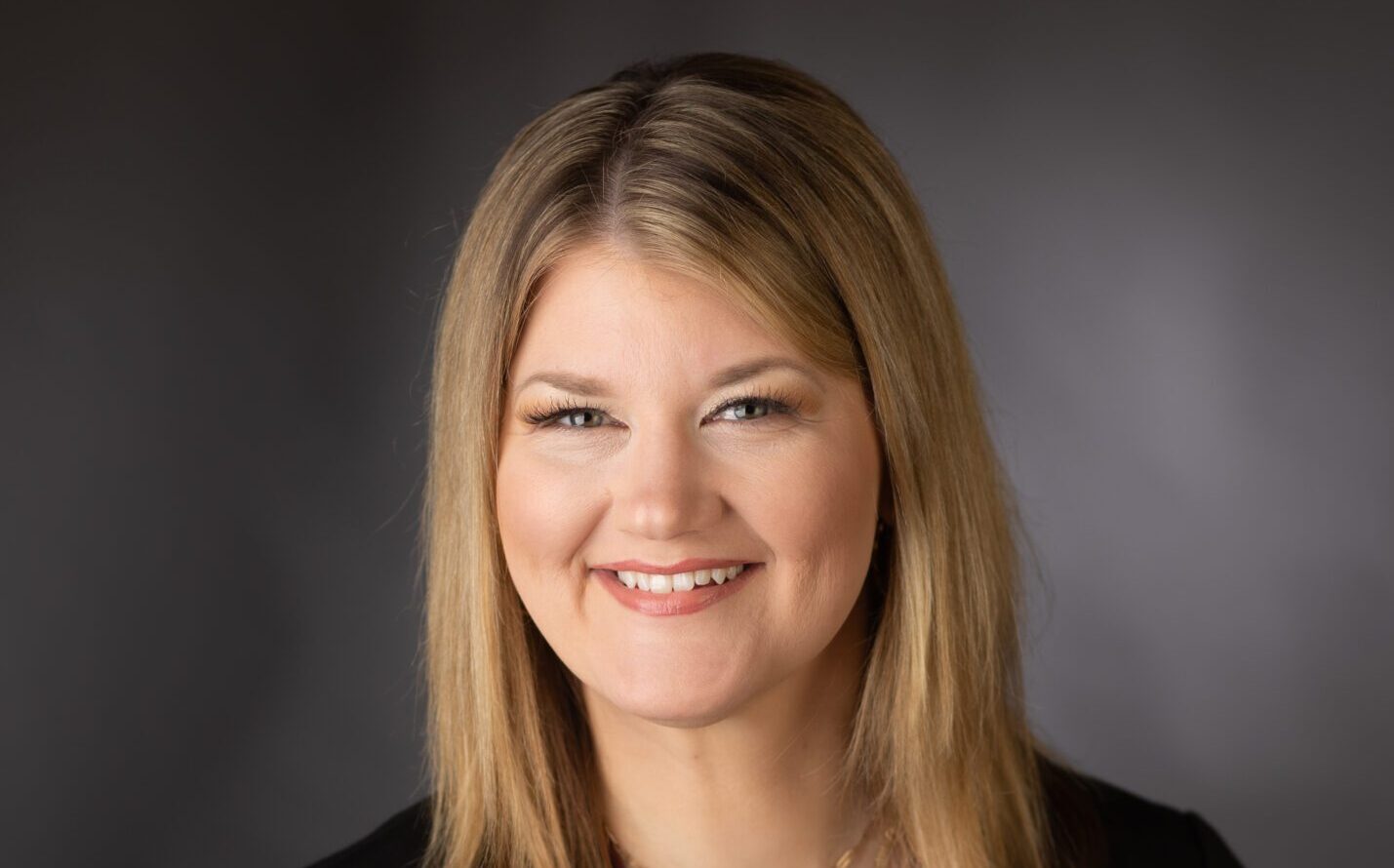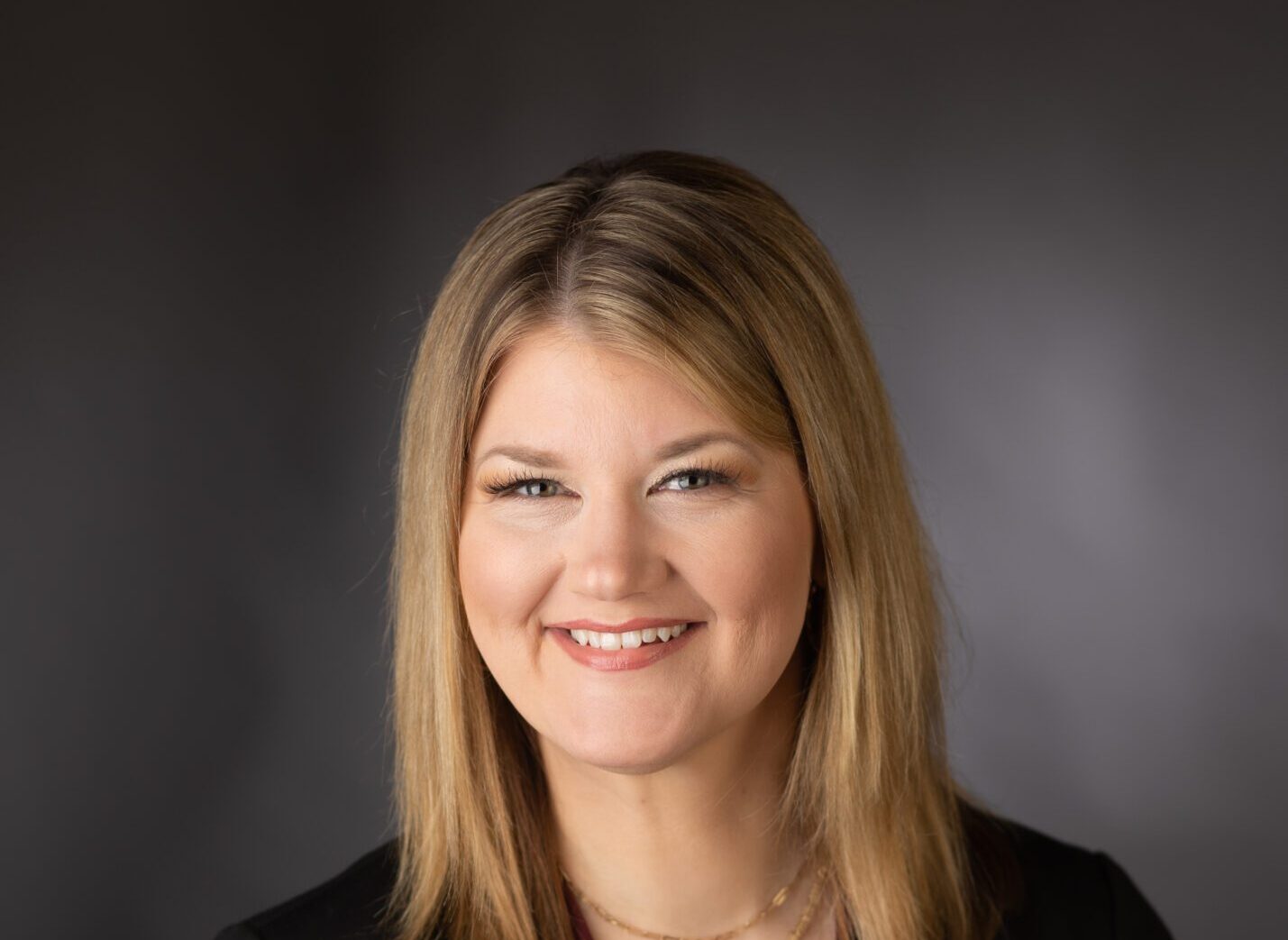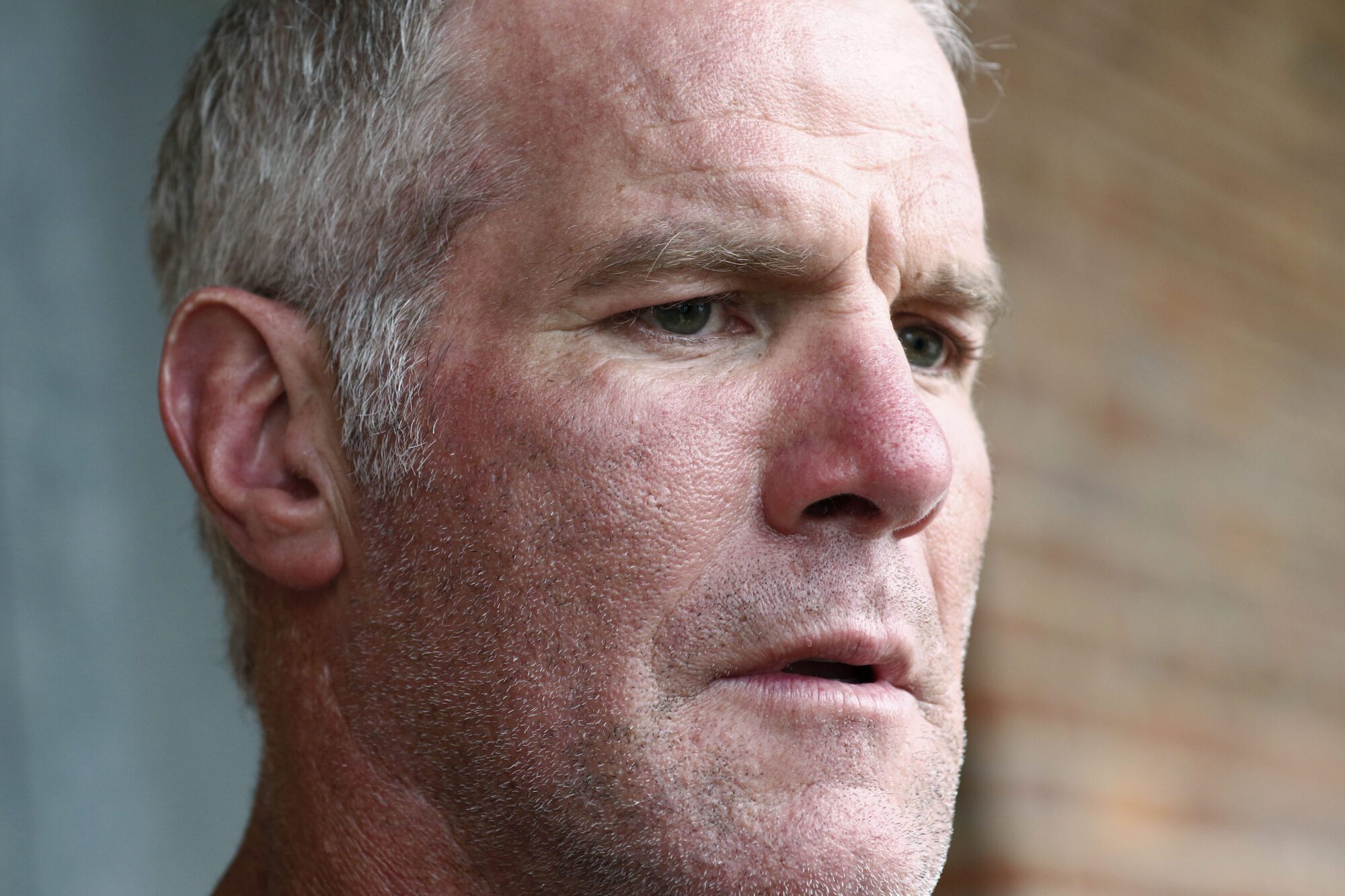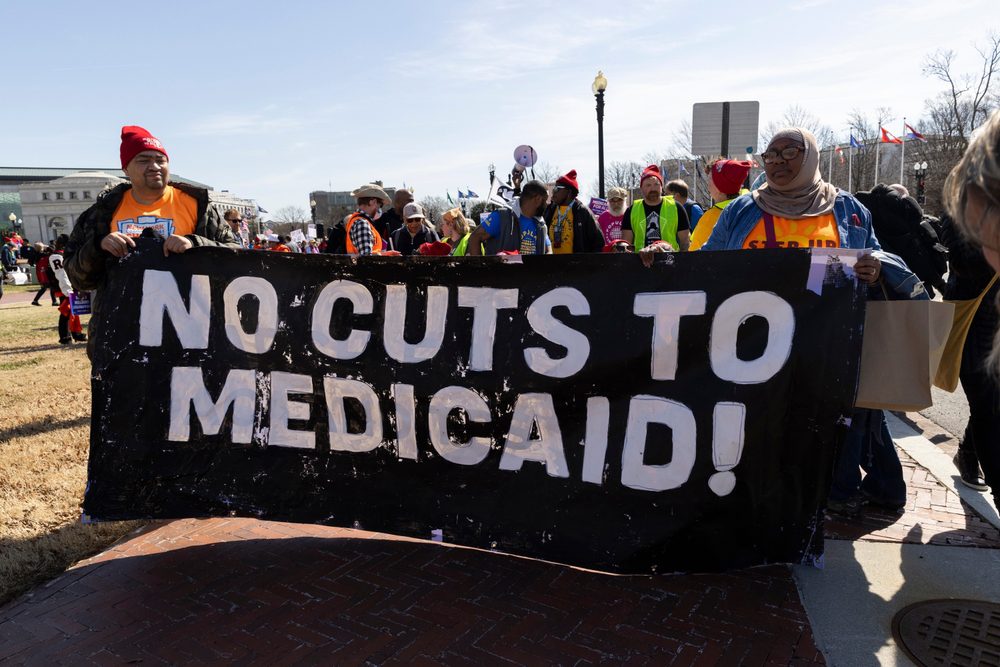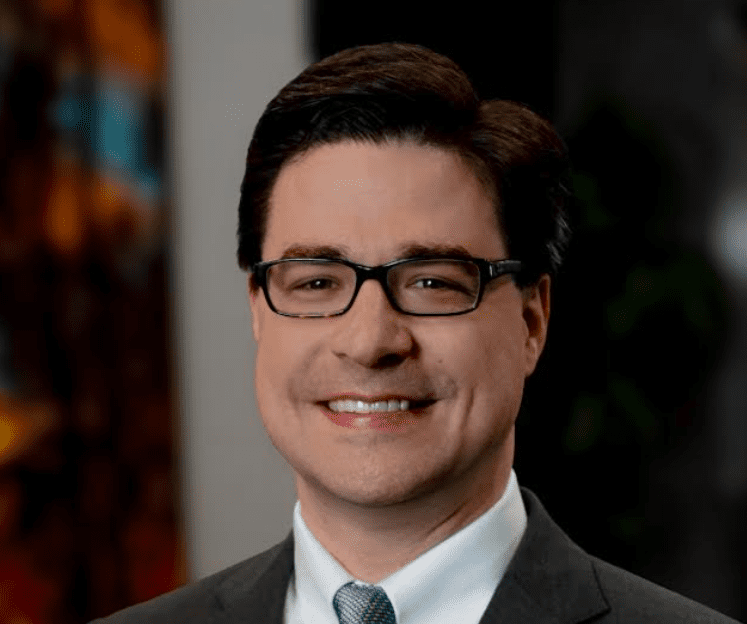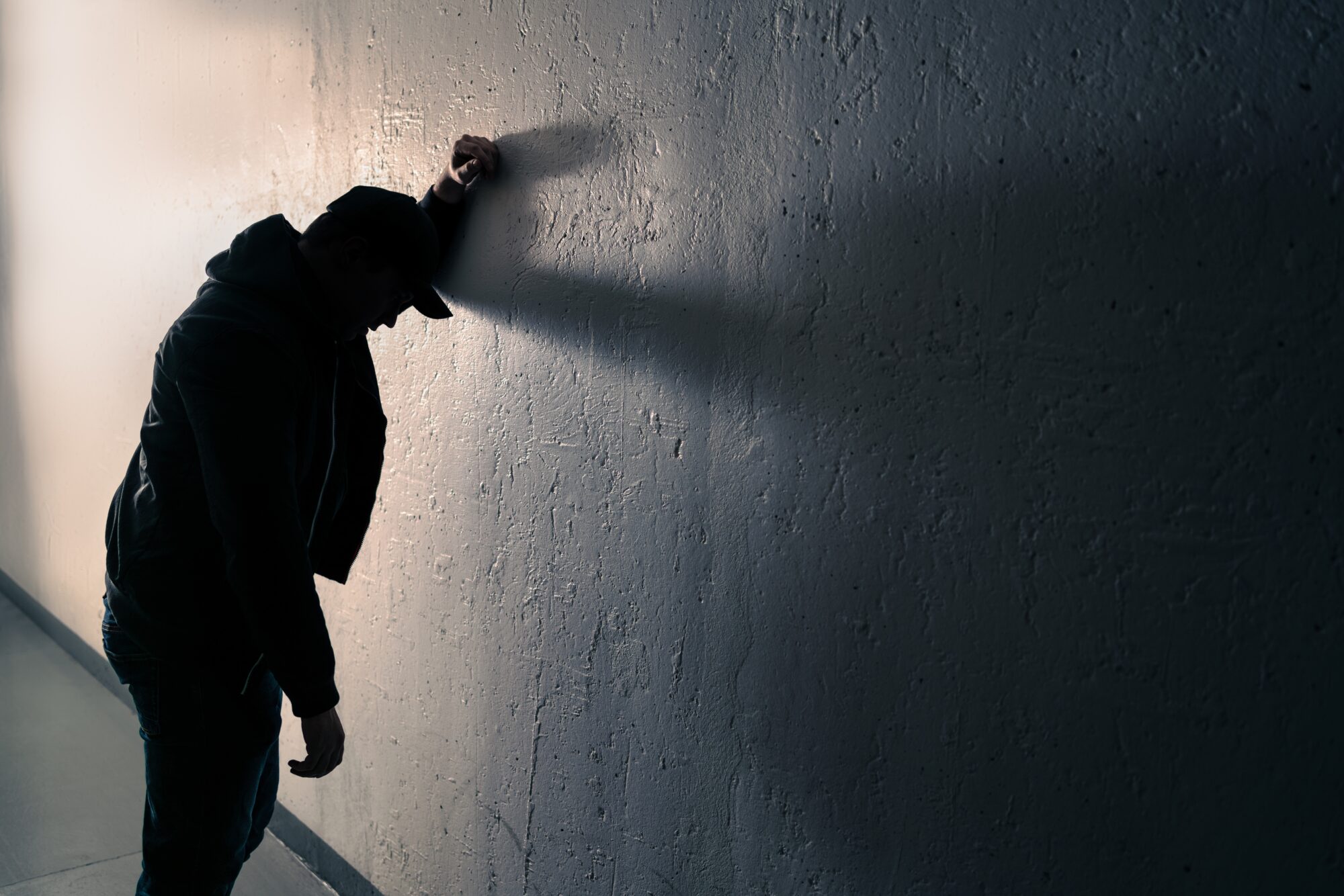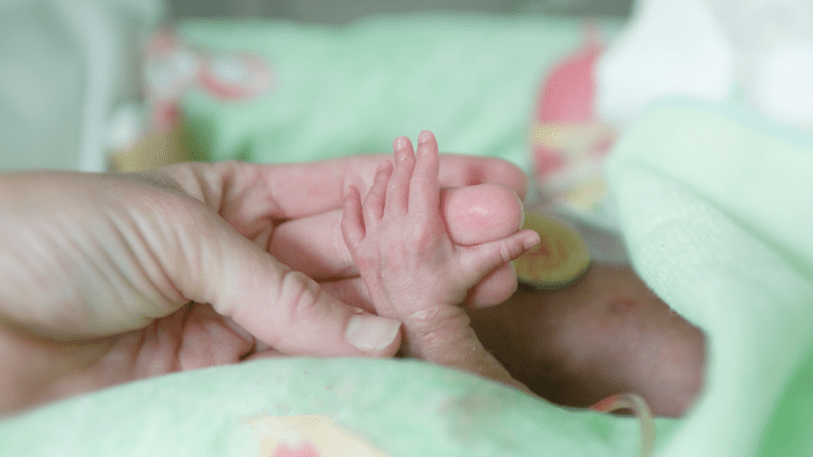
I was standing next to the water fountain at the Mississippi Agricultural Museum when the person I was chatting with mentioned an article they just read.
The article described a new approach to babies born dependent on opioids because of their mother’s opioid. Instead of being separated from their mothers and put in a bright, bustling NICU before being whisked into foster care, the babies stayed with their moms in private, quiet, low-stimulation hospital rooms.
Nurses taught the moms how to swaddle and soothe their babies and encouraged them to practice skin-to-skin contact and breastfeeding. Giving the baby opioids to help them through withdrawal was a last resort. Mom was the primary medicine. The results were striking. Babies were getting through opioid withdrawals faster, using less opioid medicine post-birth, and leaving the hospital days earlier than their peers who received routine care.
This conversation was in 2015, but I remember it so clearly because my heart started pumping faster and my blood pressure shot through the roof as my anger grew. Intense emotional experiences tend to imprint themselves in our memory. My response was swift and strong. That article couldn’t possibly be true, I countered.
Right then, my husband and I were fostering a baby who had been removed from his mom’s custody because she was using drugs while pregnant. Even though I didn’t have data to support my anger, the results in the article called into question whether foster care was indeed the best path for that precious baby’s health. As a foster mom getting up at all hours of the night with a newborn, that was too hard to consider. I think it’s human nature that when we hear an idea that conflicts with something we’re invested in, our knee-jerk reaction is to shut it down.
But I continued to hear about this bonding approach to opioid-dependent newborns, and last week the National Institutes of Health released a report on a study of 1305 infants across 26 U.S. hospitals. The “Eat, Sleep, Console” (ESC) method, very similar to what I heard about in
2015, was studied alongside the Finnegan Neonatal Abstinence Scoring Tool (FNAST) which has been used for 50 years.
The results echo what I heard eight years ago. Newborns in this study who received the ESC approach to their opioid dependence were ready to be discharged from the hospital six days earlier than babies whose care was determined using FNAST. The ESC babies were also 63% less likely to receive opioids as part of their post-birth care. For a lot of these babies, what they needed most was mom.
On the one hand, we have a promising new approach to opioid-dependent newborns. On the other, some jurisdictions across the country arrest women who use drugs while pregnant. I’ll give the benefit of the doubt to people who advocate a punitive approach and assume they genuinely believe scaring mothers will help babies. But is prosecution or prenatal care the best way to protect the life and health of unborn children whose mothers are struggling
with addiction?
Responses that feel good and responses that do good aren’t the same thing. If a woman fears that a doctor’s visit will land her in prison, that momma won’t go anywhere near a doctor for as long as possible. Even worse, it seems that the impact these prosecutions are most likely to have on unborn children is incentivizing women struggling with addiction to have an abortion. If they give birth, they could end up in prison. If they have an abortion, they won’t. What a tragedy.
It took time for me to move past my initial anger at what felt like a threat to my role as a foster mom. Change is hard, but as we celebrate mothers this weekend, we can broaden the path to help, not handcuffs, for mothers struggling with addiction.
If we want to give babies born dependent on opioids the best chance to recover quickly and suffer less, mom might be the best medicine out there. And if we want mom to have the best opportunity to be that medicine, approaching her addiction through the lens of healthcare instead of criminal justice is the best way to help her as well as her baby.
